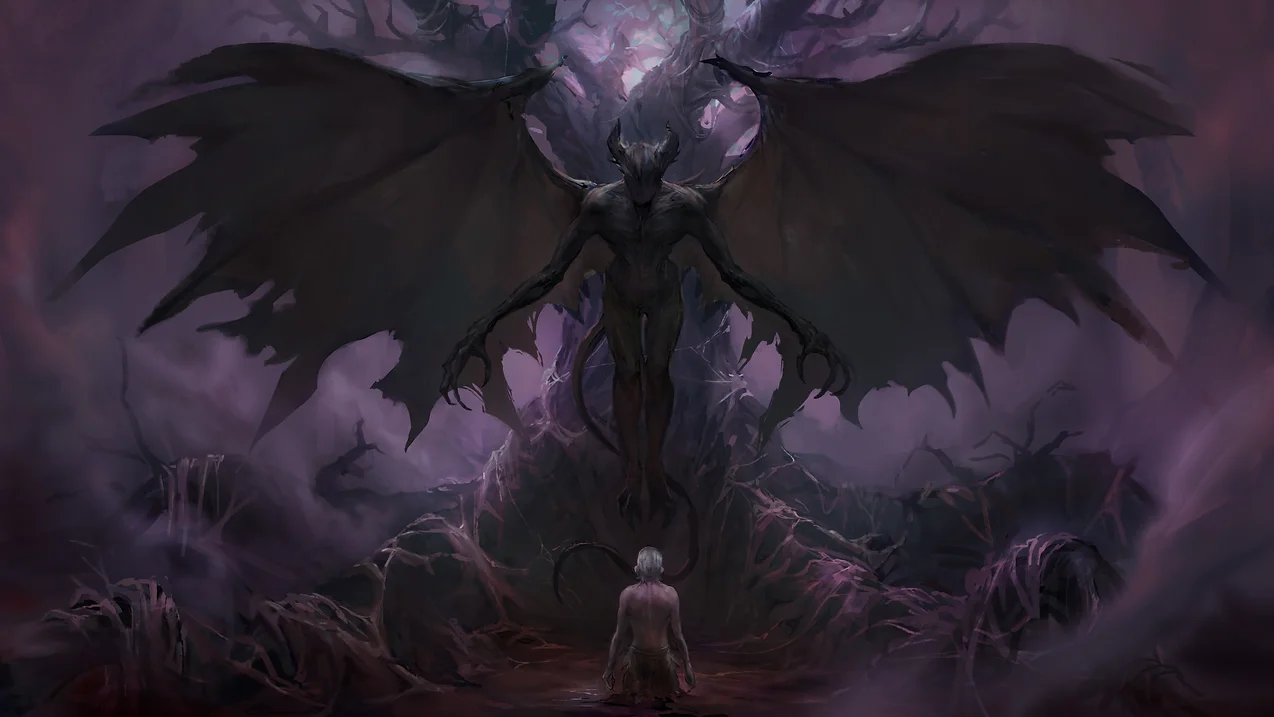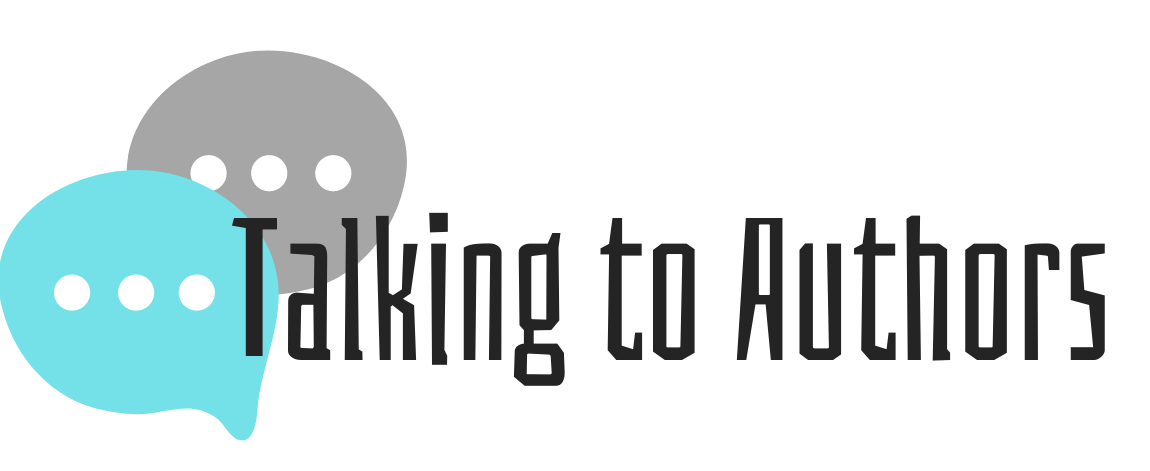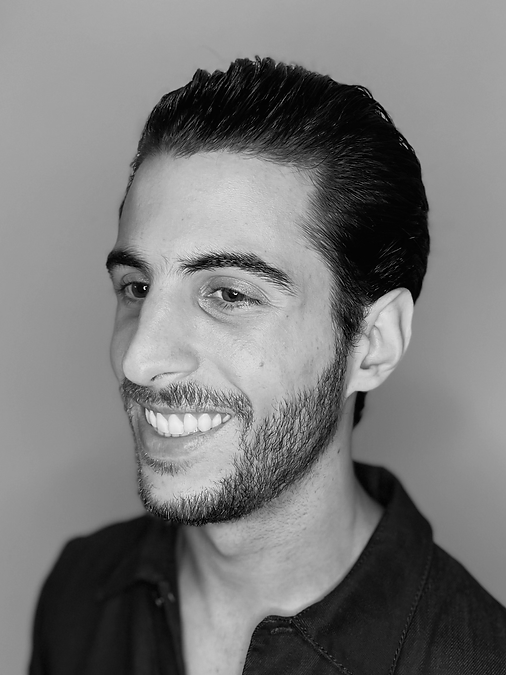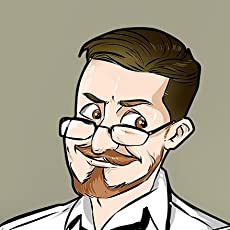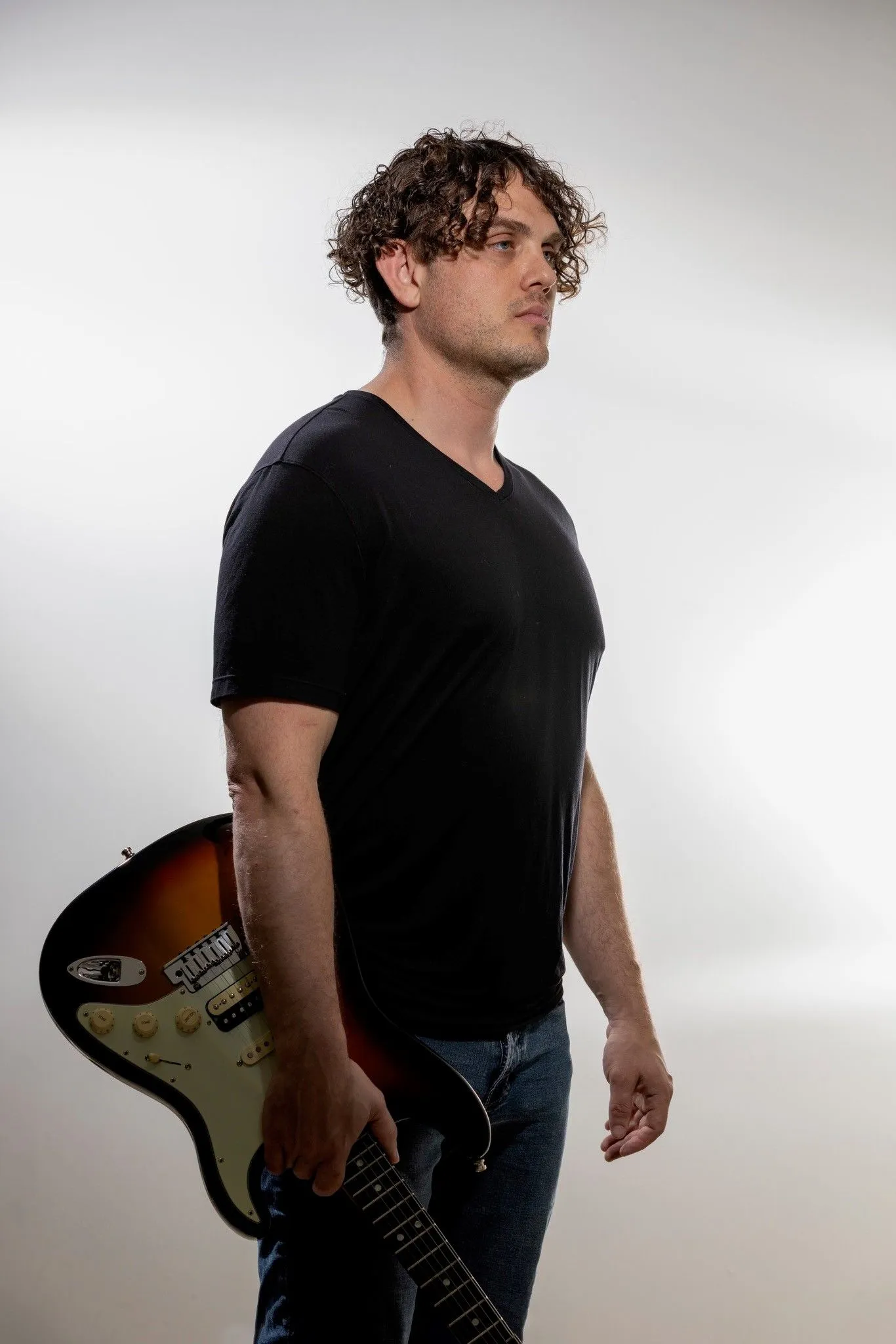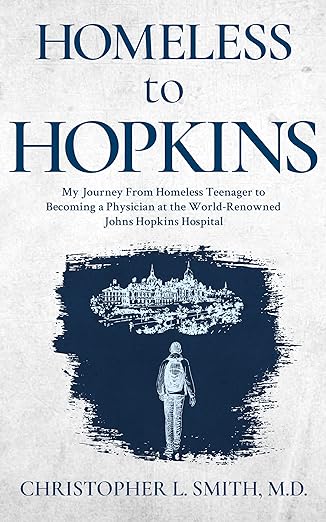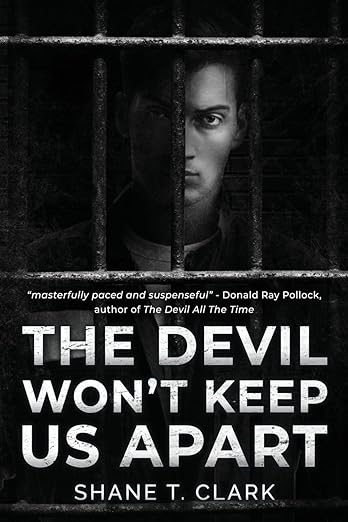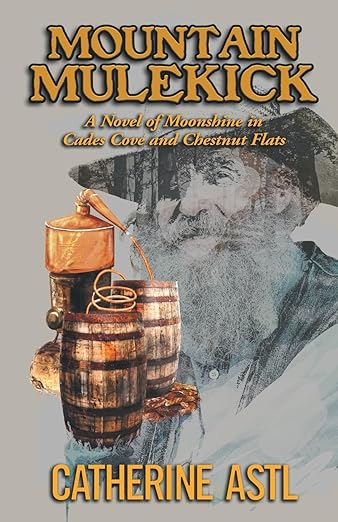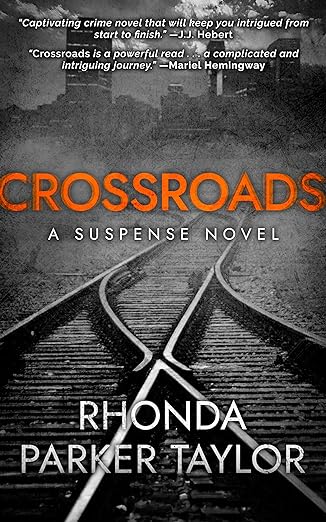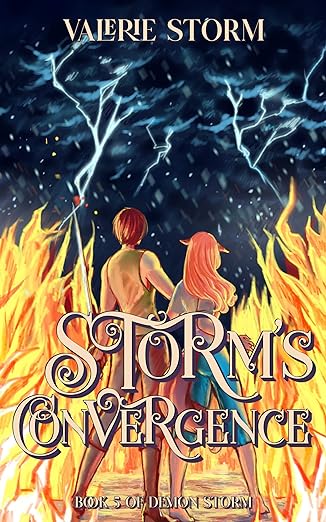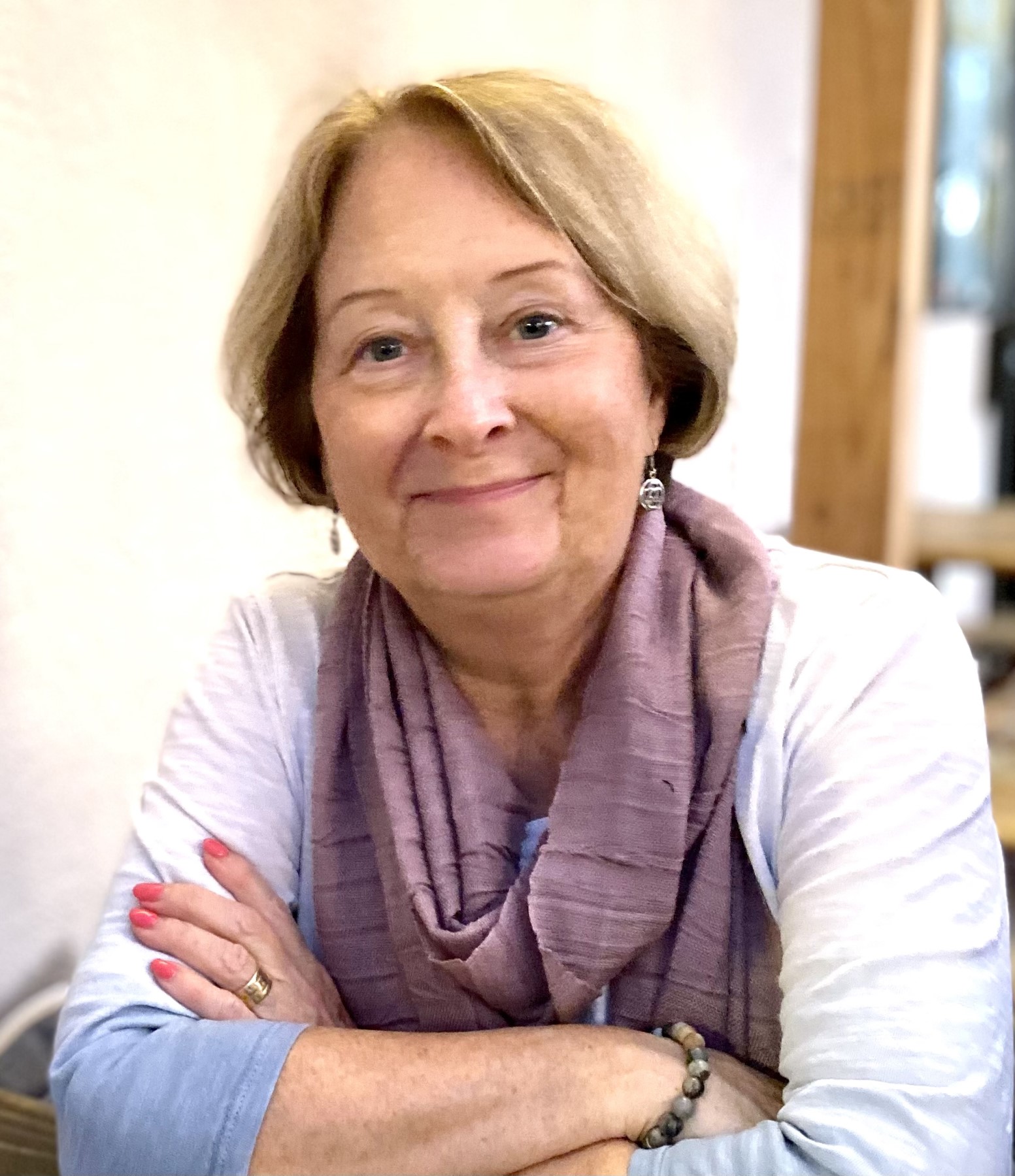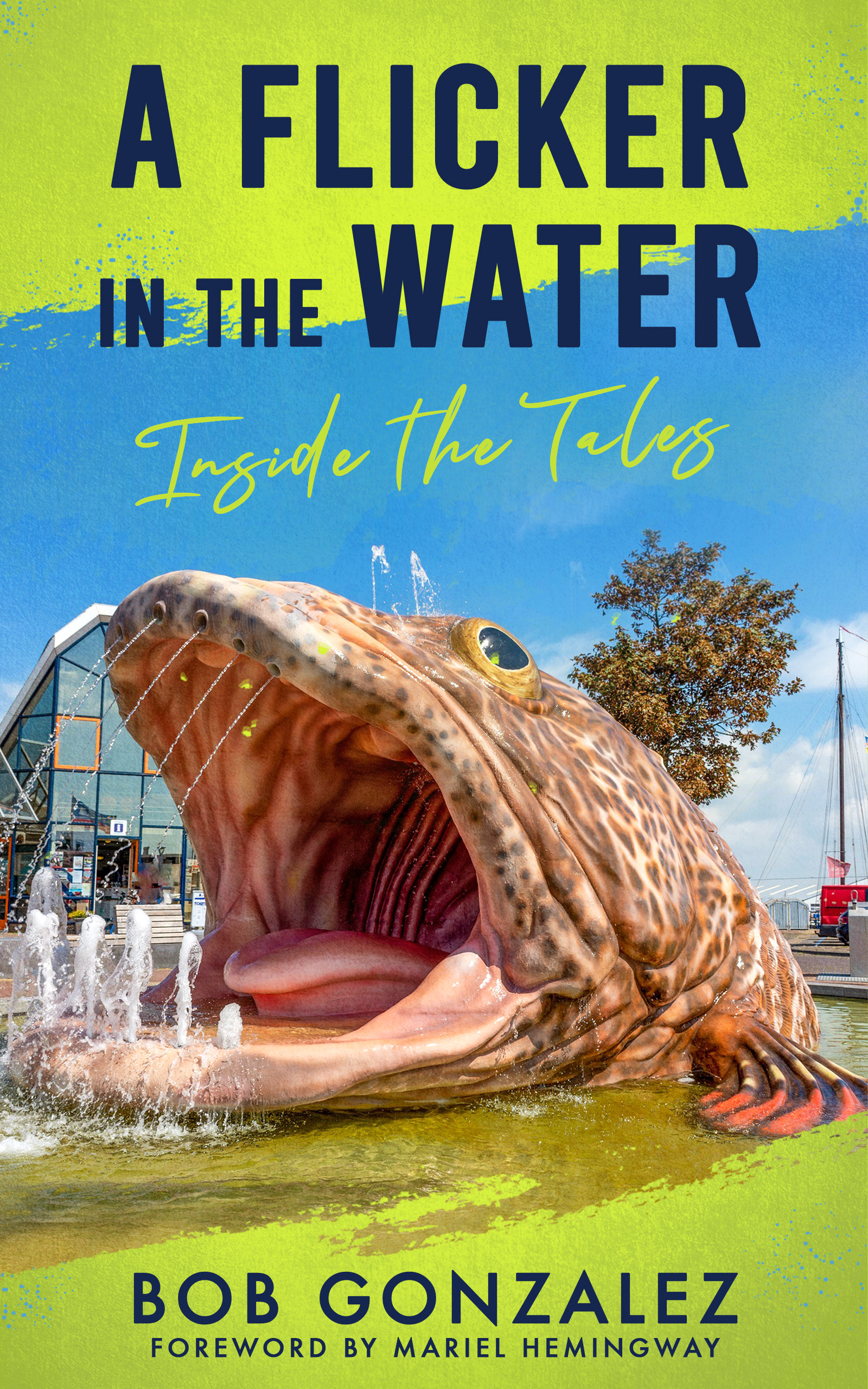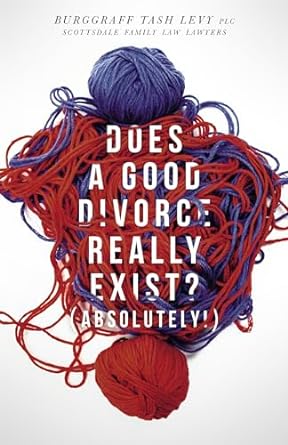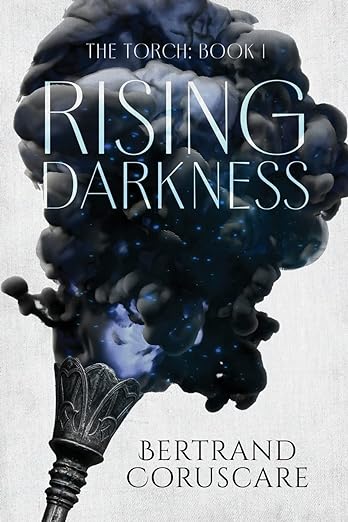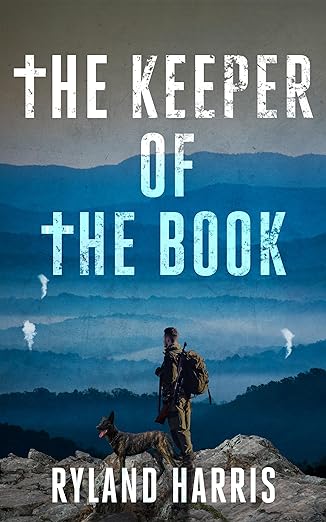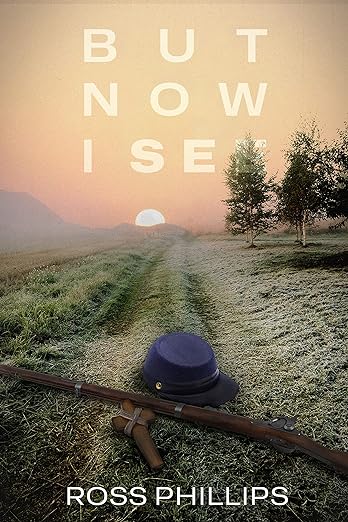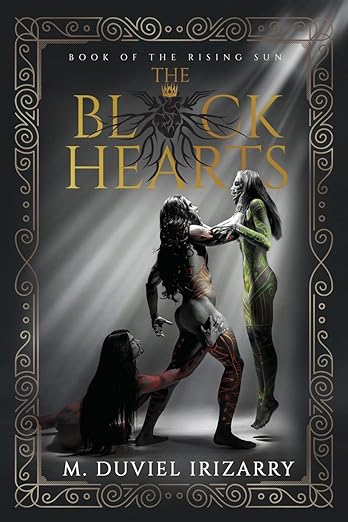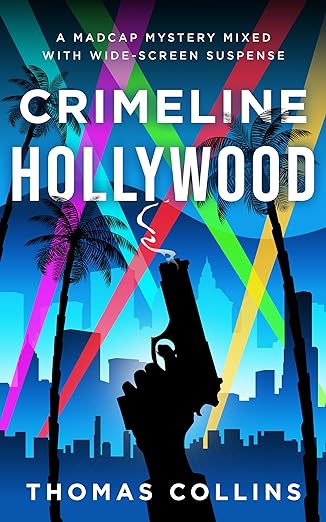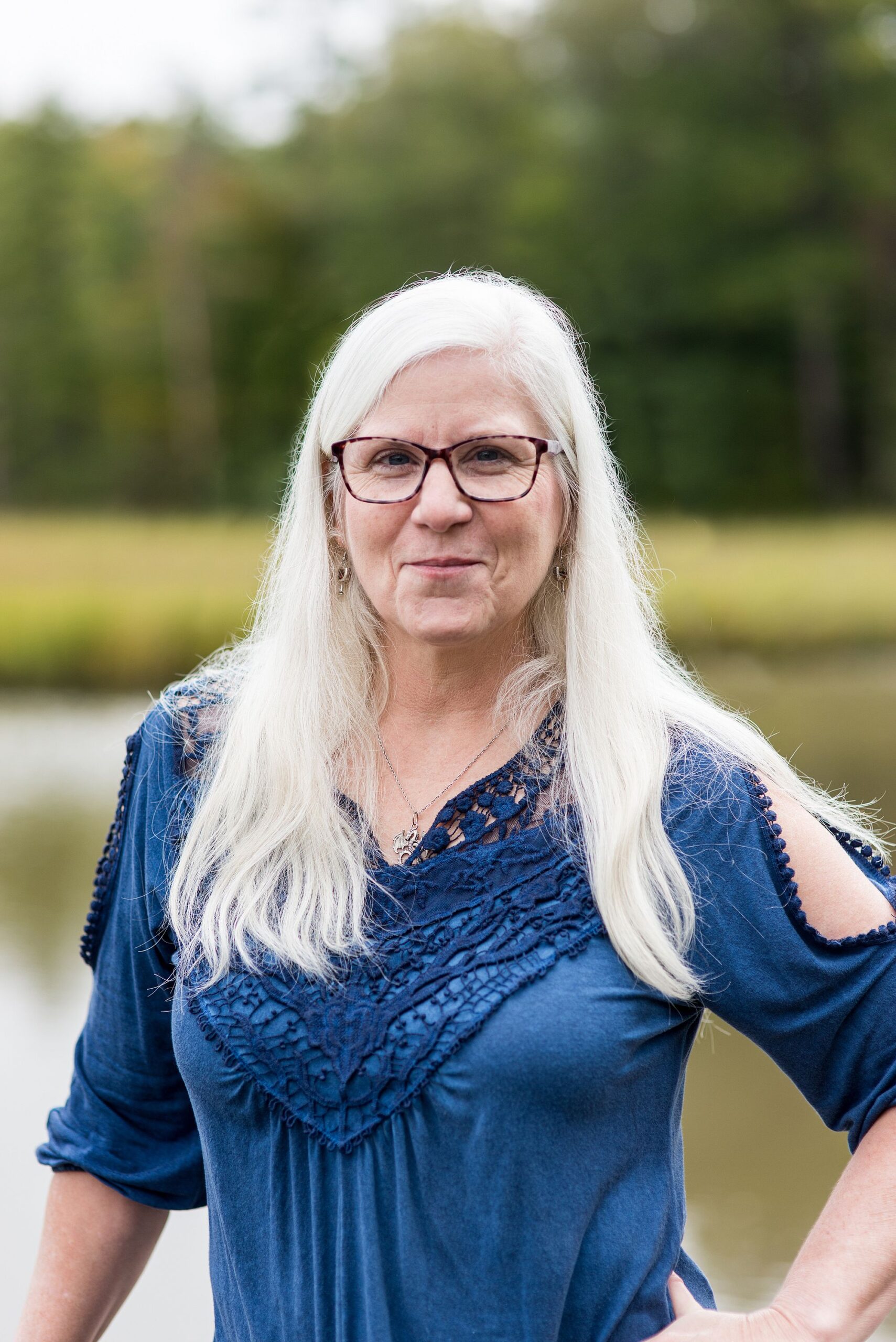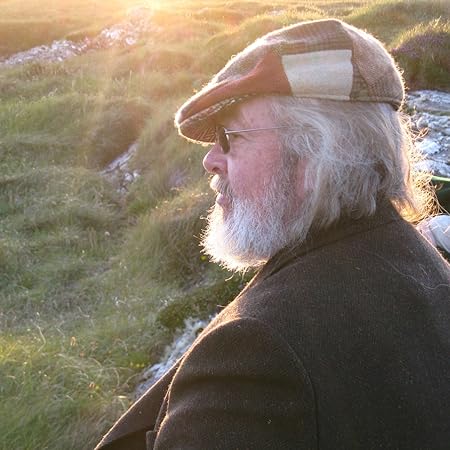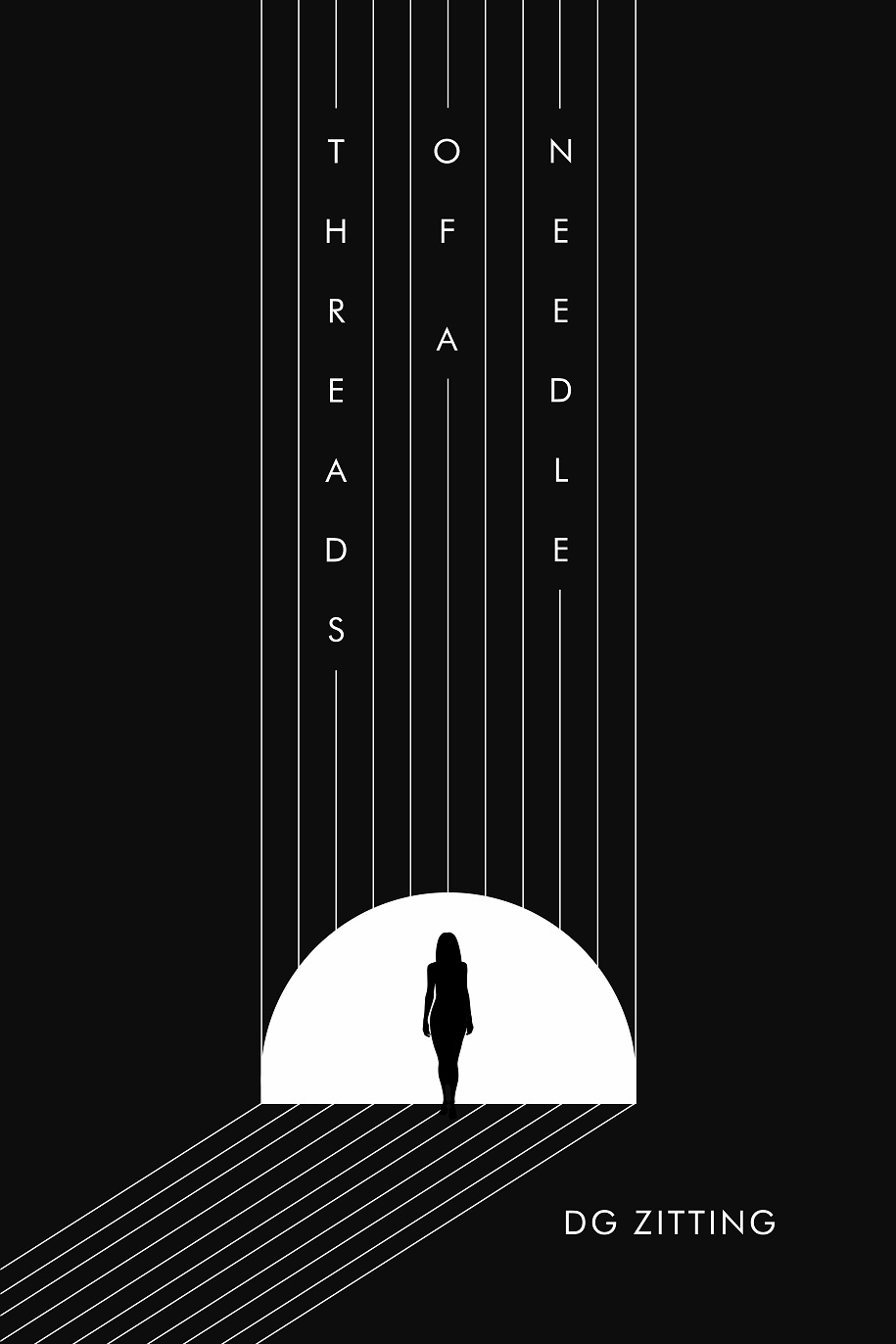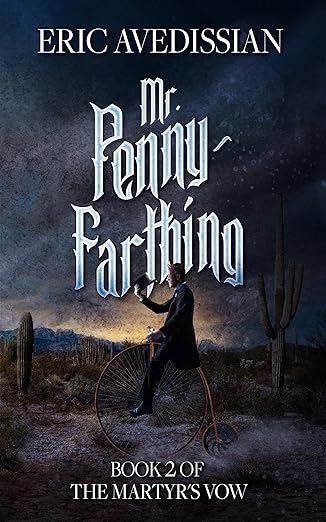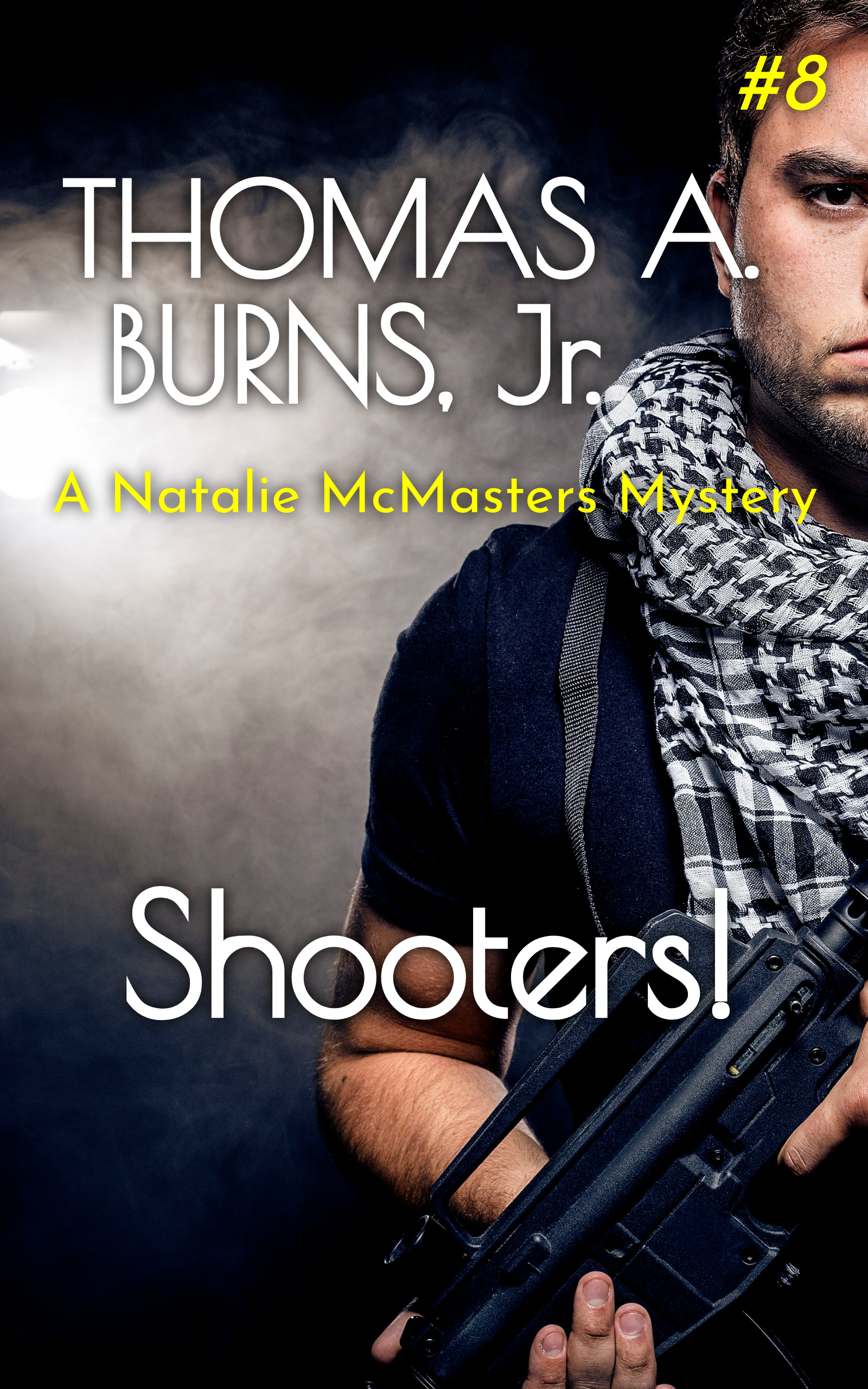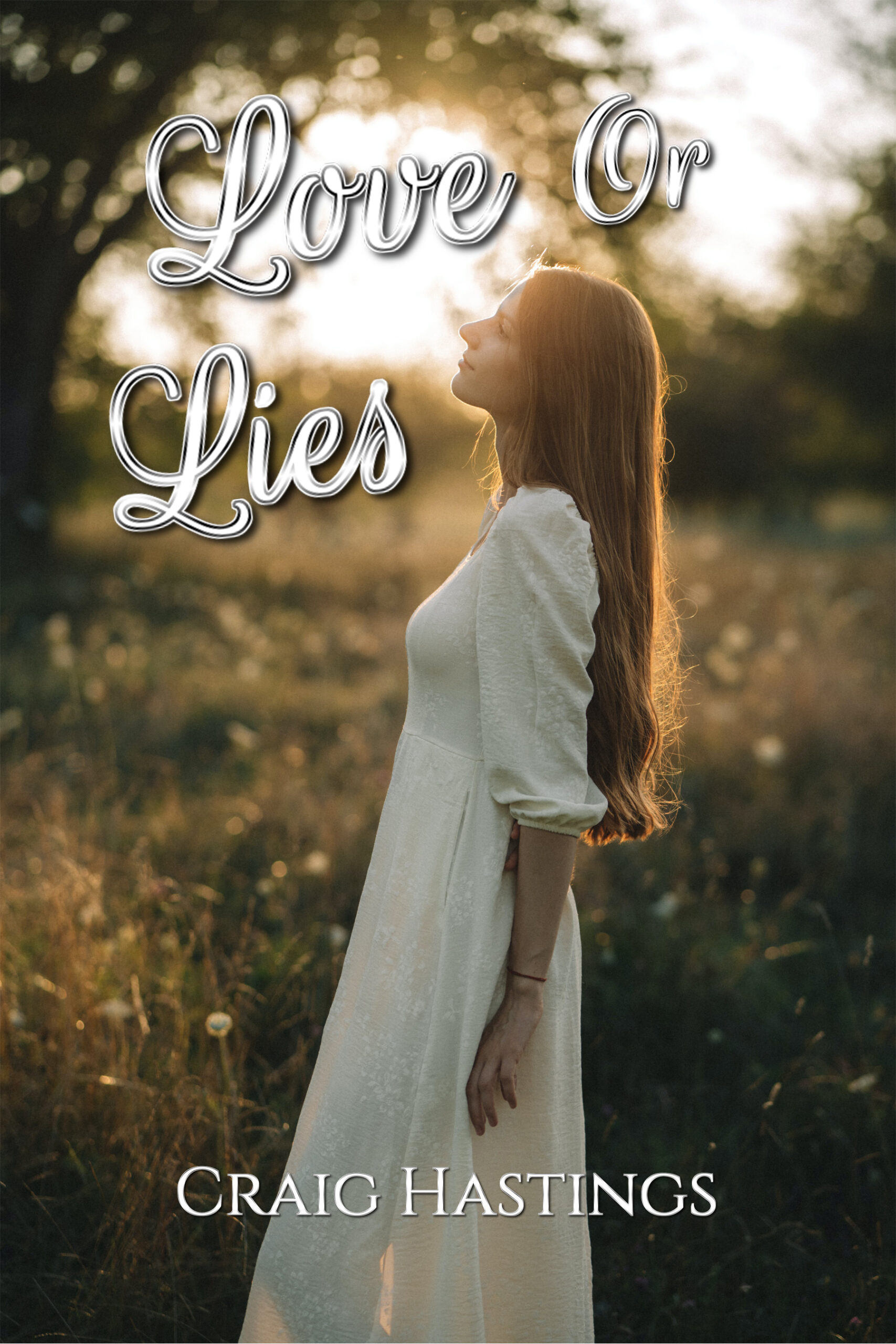Through his debut novel, The Rot Within, author P.T.M. Parizotto shows readers a new world. On the precipice of oblivion, the plot dives into human essence and threads of fate. His work extends beyond the written word, as a content creator dissecting the stories on his YouTube channel. The Rot Within immerses readers, in this dark fantasy world where the very notion of salvation teeters on a fragile edge within the beleaguered bastion of Sunmine. At its heart stands Anpô, a figure embroiled in a struggle for acceptance amidst encroaching decay. Parizotto excellently writes existential quandaries and cosmic uncertainties, keeping readers unable to look away as they find themselves falling deeper into the world of The Rot Within. In this interview, we aim to learn what brought life into Parizotto’s story, as well as some background on the author himself.
What inspired you to write a book with the title The Rot Within? Is there a particular message or theme you aimed to convey with this title?
I’d say the title has two meanings: one more straightforward, which most readers will have no trouble detecting, and the other perhaps a bit more hidden.
The most obvious meaning refers, of course, to the Eldritch influence of the Black Rot, a corrupting force associated to an apocalyptic deity that currently has the location where the story takes place completely surrounded, isolating them from the outside world.
Since Anpô (the protagonist, one of three POV characters) is the only one to have ever reached their lands since the Jungle of Rot surrounded them, many believe him to be tainted by the rot–a Rotspawn, as they call him. In that light, the title of the book would refer to the possibility that he harbors this influence within him–or, at least, to the possibility that this influence is seeping into their lands.
The second–and more subtle–meaning pertains to how Anpô deals with the fact that a big chunk of the society he lives in ostracizes him (and would even have him burned alive) due to the belief that he is tainted by the Black Rot. What he tells himself is that his goal in life is to prove he is not what they fear so as to gain their acceptance–but beneath that, you can tell he feels a lot of rage at this rejection. And that’s a rage he’s unwilling to explicitly acknowledge or accept. And the thing with this sort of feeling is that as long as you don’t acknowledge it, it controls you. This is the very core of Anpô’s character arc in this book, so in a very real sense, the title could refer to these unacknowledged negative feeling roiling within him.
Could you share some insights into your creative process? How did you come up with the idea for this book, and how did you go about developing the story and characters?
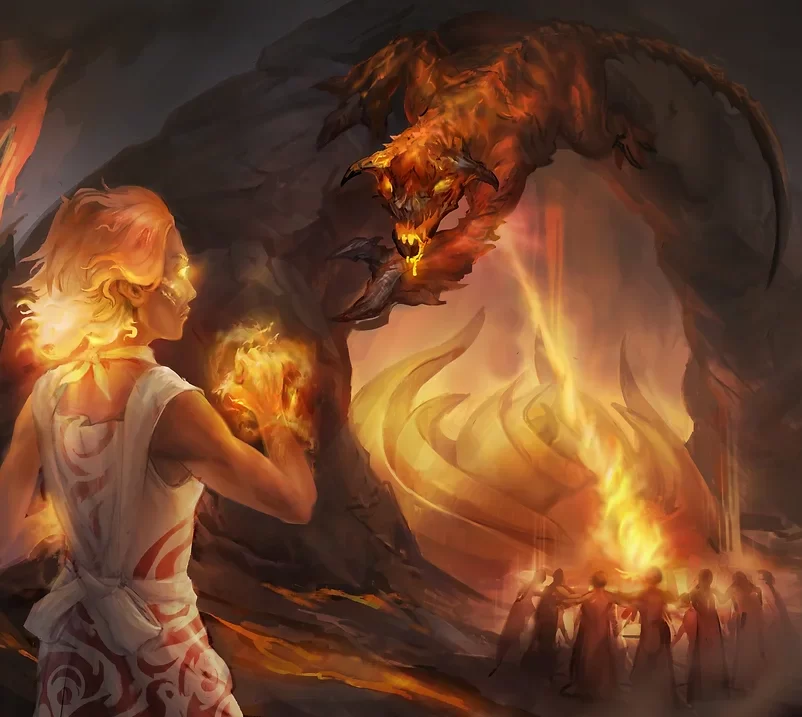 Since I was a child, I was always addicted to reading, fantasy and sci-fi in particular. In fact, this addiction was one of my defining traits according to anyone who was even remotely close to me.
Since I was a child, I was always addicted to reading, fantasy and sci-fi in particular. In fact, this addiction was one of my defining traits according to anyone who was even remotely close to me.
I had considered trying my hand at writing, since to me this is like a superpower–I mean, some random guy puts some words on a piece of paper, and suddenly, these words become people I know, that I care about, that I get mad for or angry with, and that I miss like crazy once their story is over. I guess this is true to some extent for all forms of storytelling, but in visual mediums like TV or cinema or theater, be it live action or animation, you have some visual representation to see and engage with, whereas with writing, it’s all words, and you see only with your own mind’s eye. So, yeah, a superpower.
The thing is, even though I’d always dreamed about trying my hand at this, I’d never gotten around to it, mainly because I thought that if this was a superpower, then, correspondingly, it must require a superhuman creativity, which I was sure I lacked. It’s pretty intimidating, right? You look at a book and think, no way I could come up with something like this.
I’d love to tell you it turned out I do have this creativity, but my experience was, it’s actually the other way around. I used to look at a book and think we had to come up with an entire story all at once, but you can start with something as small as a feeling or an image.
This realization happened during the pandemic. I guess the lockdowns took their toll on all of us, and during that time, I started meditating seriously, every day, where previously I’d only done it sporadically–and, well, I don’t claim to be an expert, but a lot of meditation is simply about paying attention to what’s going on in your mind, allowing yourself to observe it from a distance instead of getting blindly caught up in whatever’s going on in there.
And what I started noticing was that I actually had a lot of small flashes of creativity. I guess we all do, really: a random image that pops up, a feeling that resonates with you… And then I thought that, perhaps, the creativity needed for crafting a story was not about birthing a coherent plot and complex characters all at once, but rather about finding one of these sparks and nurturing them into a fire.
I spent some time with this thought in my head–then one day, I came back from a party and got into a shower, and I was kind of drunk, and suddenly I had this really vivid image of a ritual in a tropical rainforest pop into my head–and a lot of ideas came with it. Actually I started writing all the important keywords with my fingers on the foggy shower glass to make sure I didn’t forget anything, then as soon as I came out of the shower I recorded an 8-minute audio and went to sleep. I transcribed it first thing in the morning, and thus began my first attempt at writing a book.
That attempt was, well, messy.
I ended up writing some seven hundred pages, but if I’m honest, it was all pretty terrible. I started writing without ever having properly studied the craft of storytelling, and it was only after I felt how lost I was that I started looking for this sort of material–and although I devoured large amounts of it in a very small period of time, by then I had made a lot of awful choices that would be really hard to fix without a complete rewrite.
The problem was, the only reason I had been able to spend this much time on my writing was that because of the pandemic, I’d been getting less work than usual as a lawyer–but that soon ended, and because of my own choices.
You see, I think I knew, deep down, that I wanted to give writing a serious chance. It simply made sense, and the idea that I could create stories like the ones I loved for other people to read imbued me with meaning and purpose in a way the practice of law never had. And that’s not to say I disliked being a lawyer! I actually rather liked it, and I like to think I was good at it. I worked as a lawyer in arbitration disputes in the law firm of the guy who is widely reputed to be the main drafter of the Brazilian Arbitration Act, who was a Professor at the University of São Paulo and whose lectures I had attended during my time there as a student–so it was a nice, respectable position, and one I found interesting and genuinely enjoyed…
Until I didn’t.
Precisely because I knew, deep down, that I wanted to try it as a professional writer, and so it was that suddenly, my job became unbearable.
Now, this is the point where I wish I could tell you I was an enlightened, emotionally mature being who decided to quit his job and go for it, but that’s not what I did. I’m not really brave like that, and practicing law was certainly the safer choice, and one I’d already spent a lot of time and effort preparing myself for. So I just swept the desire to try it out as a writer under the rug. I no longer felt motivated by my job? Well, I went and got a new one, and since I’d always been motivated by challenges, I switched from arbitration to capital markets, a field I didn’t know all that much about, and to top it all off, I went back to the University of São Paulo to start a Master’s Degree.
After that, I simply had no time to write, so I declared those seven hundred pages a failed experience and chose to focus on my legal career instead.
It just made me miserable. That ended up being the worst semester of my life–not because of the people I worked with or anything like that, they were great. Rather, the problem was I knew, deep down, that I didn’t want to be there.
As I said, I’m not really brave when it comes to this kind of stuff. I’m cautious, I like to play it safe–but practicing law simply became unbearable. I’m talking clinically diagnosed depression and so on… so it got to the point where I had a mental breakdown and had to face the fact that I was running away from what I knew I wanted–needed–to do.
This breakdown actually took place during lunch with my family, and I remember how terrifying it was. I guess a big part of me felt ashamed of the decision I was about to make, as it were immature, as if I was proving myself too “weak” to make the sacrifices needed to pursue a “serious career”–and at that point, my depression was yet to be diagnosed, so my inner voice was definitely at its harshest.
I’d always been proud of my career–and of my intellectual achievements in general, from my grades in school to getting into what is arguably the most sought-after law school in Brazil and so on… all the external validation I received for these achievements had always played a really important role in my self-confidence and identity. So the idea people might judge me for this decision, that I might lose all that respect, it was not only terrifying, it was painful–excruciatingly so, and on a literal, physical level…
But that’s the thing with our inner voices, right? Once I finally managed to blurt it all out, people were way more supportive than I’d ever dared hope for, and soon after that, I quit my job to try it out as a writer.
So, remember those seven hundred pages I’d written? I threw them all out. I think it’s no groundbreaking statement to say that the first time you do something complex, it’s probably going to turn out with a lot of flaws–and honestly, I felt like trying to fix those flaws would be more troublesome than just starting anew… so I took this opportunity to implement a rather drastic change.
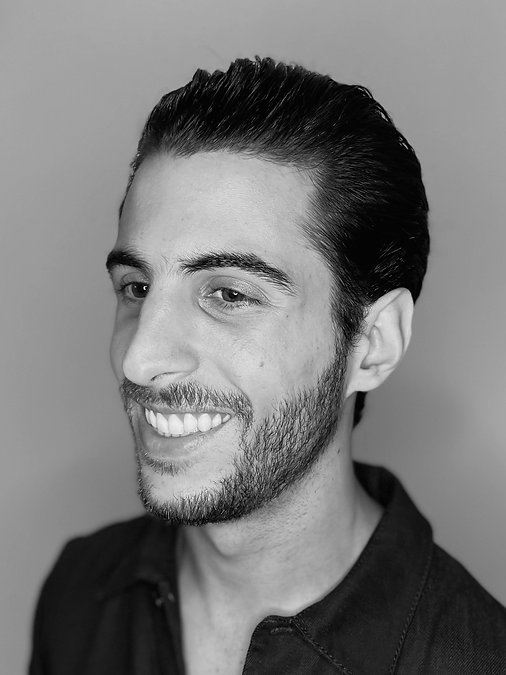 Well, I’m Brazilian, you see. Born and raised. English is not my native language–in fact, I was pretty terrible at it until when I was 10 years old or so, when I finally realized that if I managed to read the sequels of my favorite books in English, then I didn’t have to wait for them to be translated into Portuguese. After that, I pretty much never read novels in Portuguese again–and this resulted in the situation where most people who read those seven hundred pages told me it felt like I thought the words in English, then translated them to Portuguese as I wrote them down.
Well, I’m Brazilian, you see. Born and raised. English is not my native language–in fact, I was pretty terrible at it until when I was 10 years old or so, when I finally realized that if I managed to read the sequels of my favorite books in English, then I didn’t have to wait for them to be translated into Portuguese. After that, I pretty much never read novels in Portuguese again–and this resulted in the situation where most people who read those seven hundred pages told me it felt like I thought the words in English, then translated them to Portuguese as I wrote them down.
Funnily enough, that’s exactly what I did. So even though my mother tongue is Portuguese, it seems like when it comes to the storytelling linguistic niche, I’m more fluent in English. Weird, right? So after I threw those seven hundred pages in Portuguese out, I started writing in English–and boy, did it feel like I’d just been unchained.
Now, moving on to the writing process itself, when we talk about the writing process/methodology, the terminology you usually come around is the distinction between outliners and pantsers, with the outliners being those who have something like a bullet-point outline for the entire story (each plot point, dialogue, action scene, etc.) before they start writing and the pantsers going in blind and allowing the story to lead them wherever it “wants” to go.
The main advantages of outlining would be having a planned (and thus, coherent) story without any plot-holes, and also the fact that it’s harder to get stuck/suffer from writer’s block during the prose-writing stage. The pantsers, on the other hand, would have an organic, spontaneous feel to their stories that would be hard to replicate by outlining. This is, of course, not really binary–it’s more of a spectrum, since the degree to which your outline is detailed can vary greatly.
My initial plan was to be a complete outliner, but I soon found out that I wasn’t really able to visualize that much of the story without being immersed in the prose. So I ended up going in with an outline that described only the major milestones of the story, and the rest, I decided as I went along–and at first, that worked quite well. The thing is, at the beginning of a story, it’s pretty easy to just keep on introducing new elements. Your freedom is absolute–but each new thing you introduce is like a ball in the air you must then keep on juggling. And when you get to the middle of the story, that freedom has decreased greatly: rather than throwing new balls up in the air, your task is to manage those already there–and not just manage. Like a circus act, it has to be entertaining.
My experience was, writing as a pantser worked perfectly during this stage of freedom, but less so afterward. Even though I knew there were things I wanted to change in the story, it was really hard to visualize what those were when all I had was a 90.000 word manuscript. So after being stuck around the middle of the story for a while, I did a hard turn.
First, I turned everything I’d written thus far into a bullet-point outline.
Second, I edited this outline, changing everything I knew I wanted to alter in the prose I’d already written down. It’s way easier to visualize what you need to change once you have a small outline rather than a giant manuscript.
Third, I wrote an extremely detailed outline for all the chapters I was yet to write, up to the end of the book. Earlier, I said I wasn’t able to visualize all that much of the story without being immersed in the prose–but if that was true for the beginning of the book (i.e., the phase where you throw new balls up in the air), it was not true at all for its second half (i.e., the phase of managing the already-introduced elements).
After that, things were easy. I revised the prose I’d already written in accordance with the changes made in the outline, and I wrote the new chapters, up to the end of the book, again in accordance with the outline. So I guess you could say I did half the book as a pantser, and half as an outliner–and who knows, maybe that ended up allowing me to retain that organic quality while also enjoying the benefits of outlining.
In The Rot Within, do you explore any social or cultural issues through the lens of fiction? If so, can you provide some examples and discuss your approach to tackling these topics?
I never had the explicit intention of doing any social commentary, but I suppose it is impossible to fully dissociate ourselves from the times we live in, so yes, there are some things I can point you to.
The first of them has to do with deforestation and global warming. As a Brazilian writer, when you see a tropical rainforest overtaken by a corrupting influence of rot and decay, with the healthy portion of the jungle shrinking by the day, it’s hard not to think of the Amazon rainforest. There’s an existential fear nowadays that the deforestation going on over there will reach a point where the rains produced by the Amazon rainforest’s transpiration will no longer be able to sustain it, and if we reach this irreversible tipping point, the jungle will turn into a savanna. That would be disastrous not only to the environment and the preservation of flora and fauna but also to rain patterns and agriculture worldwide, so I’d guess that’s probably something that was lurking in my subconscious while I developed the setting.
A less intuitive example has to do with all the talk of culture wars going on nowadays. As I perceive these issues, it’s hard to deny a lot of young men feel left behind by the current progressive ideologies, and there’s a lot of profiteering and fearmongering by politicians and influencers who take advantage of these feelings. Although this external context isn’t quite present in The Rot Within, Anpô’s internal feelings of rage at his lack of belonging certainly echo my perception of what’s going on in our world.
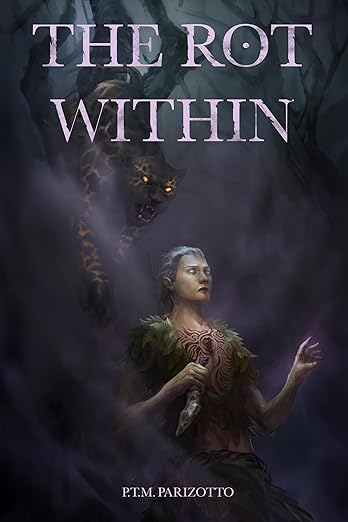 Could you share any specific moments or scenes in the book that were particularly challenging or rewarding to write, and why?
Could you share any specific moments or scenes in the book that were particularly challenging or rewarding to write, and why?
It’s hard to talk about this without going into spoilers, so I’ll be intentionally vague here, but there is a particularly visceral character death and the end of the book (you’ll know it when you reach it) which was particularly hard to write. I had not always planned for this character to die. I had a reasonable idea of what I wanted them to go through in the future, so there was a real sense of loss and grief for all these things that would now never come to pass.
Also, there’s a flashback-vision around the middle of the book which made me more emotional than I had anticipated.
Without giving away any major spoilers, can you provide a teaser about an intriguing or unexpected aspect of the book that readers might not anticipate?
As mentioned in the answer to Question 12, this book is not horror in terms of genre, but there are scenes and concepts and imagery that draw heavily from cosmic horror and body horror. This is something that I heard from beta readers: that the overall tone of the book is more light-hearted and adventurous, but that it can get dark and visceral and uncomfortable when it means to, with this contrast making the darker moments hit all the harder, and with the story not ending up where they expected it to.
Can you offer any insights into your future writing projects? Are there any upcoming books or works that your readers can look forward to?
The Rot Within is the first book of a five-part series. I’m currently writing book two, provisionally titled The Temple in the Void–but the thing is, even those five books won’t explore all this universe has to offer. I definitely want to explore some smaller, more experimental stand-alone projects at some point, perhaps something involving second-person narration where the applicable magic system pertains more to the manipulation of the human psyche than to the external world, or a Dracula-style horror-oriented epistolary novel dealing with an encounter with Eldritch creatures–but none of that is under development right now.
Find the author
Purchase The Rot Within
